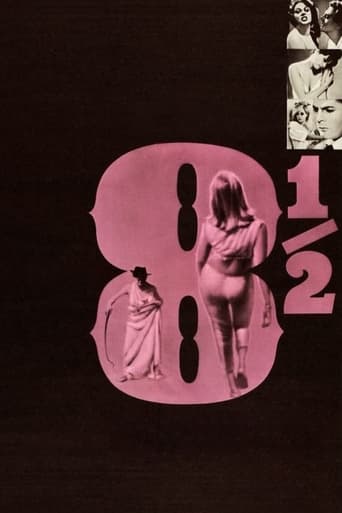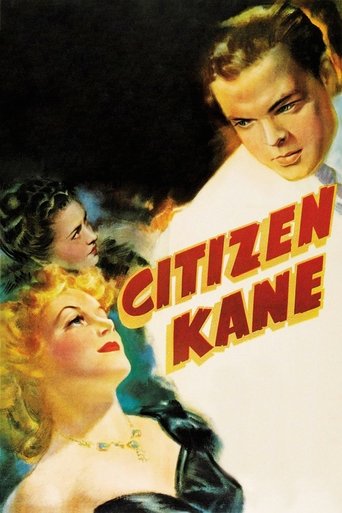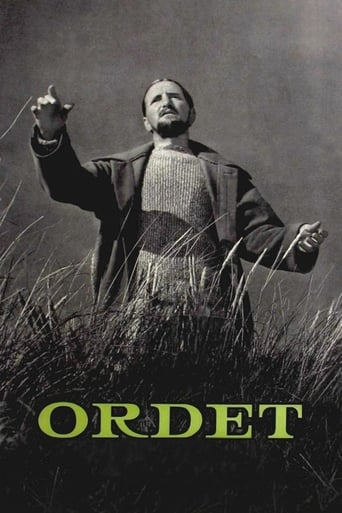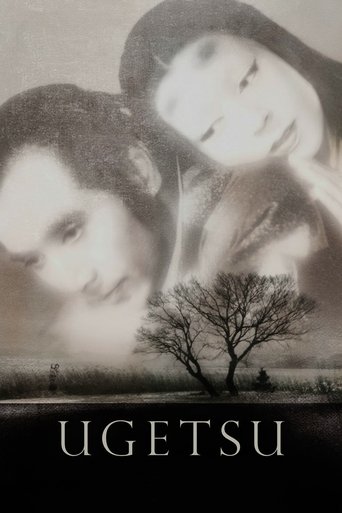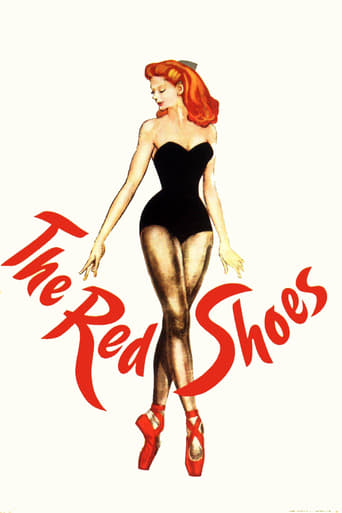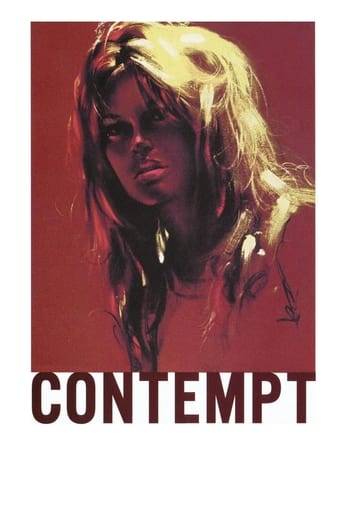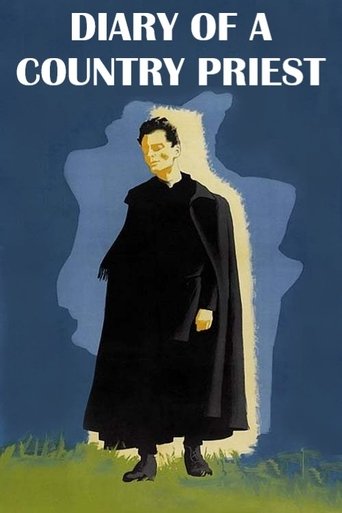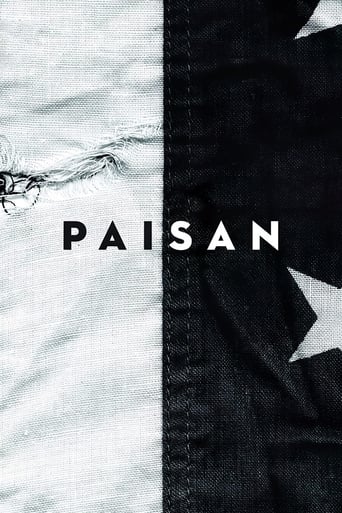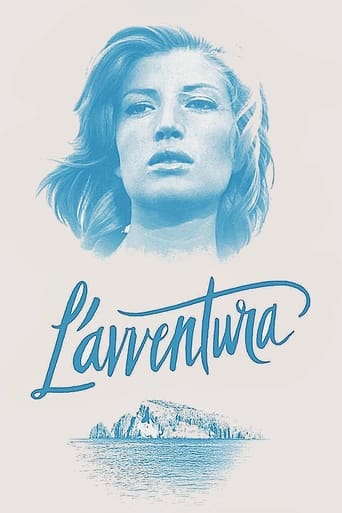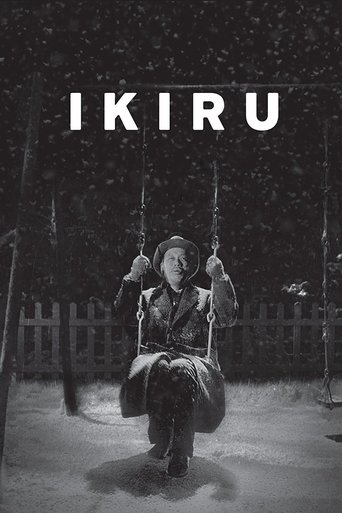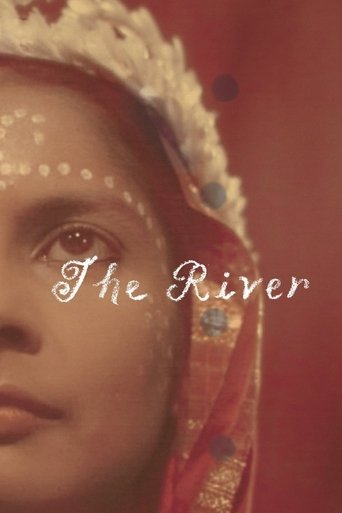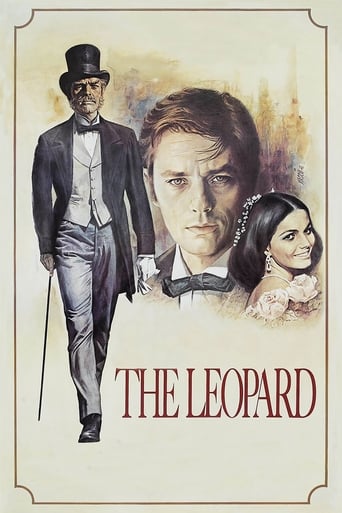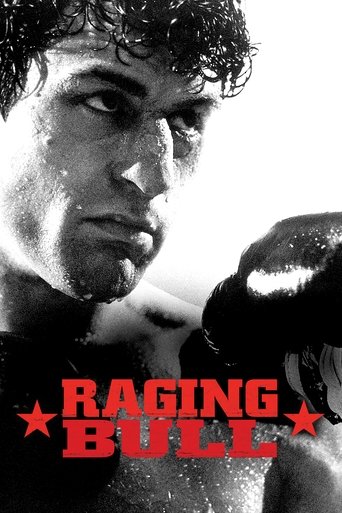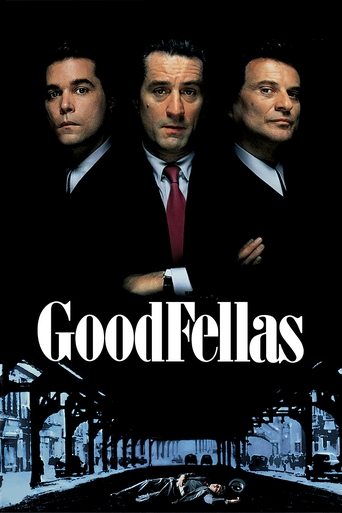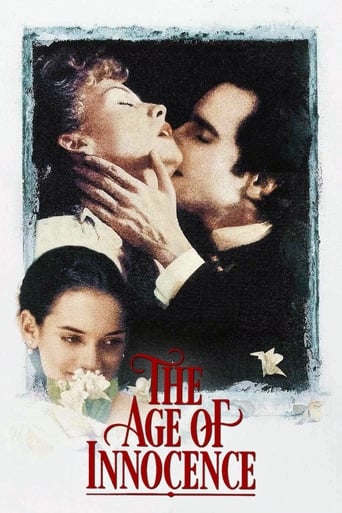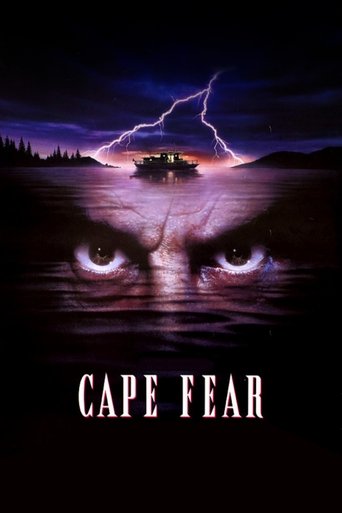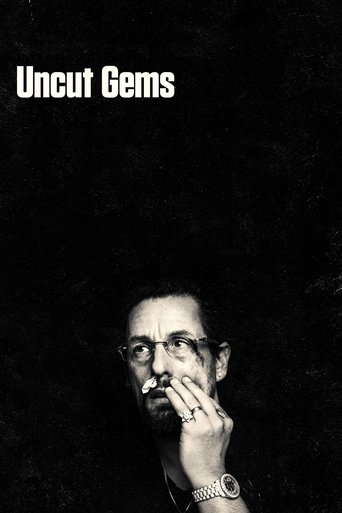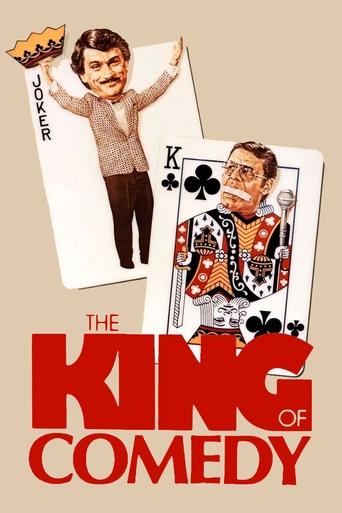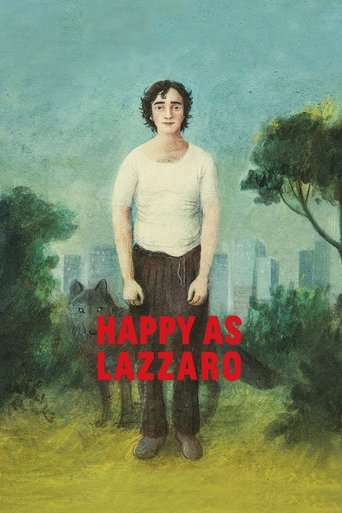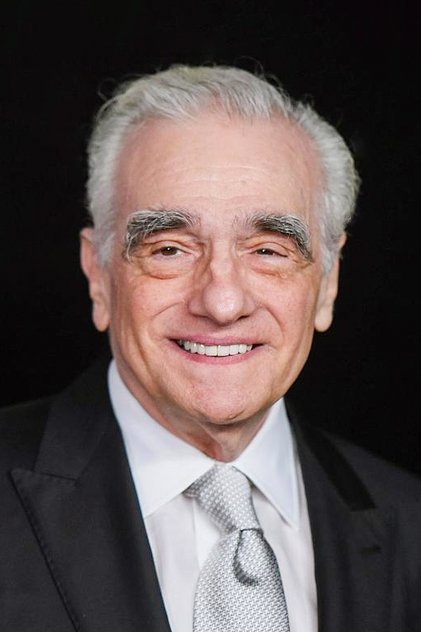
Martin Scorsese
Martin Charles Scorsese (born November 17, 1942) is an American film director, producer, screenwriter, and actor. One of the major figures of the New Hollywood era, he is widely regarded as one of the greatest and most influential directors in film history. Scorsese's body of work explores themes such as Italian-American identity, Catholic concepts of guilt and redemption, faith, machismo, nihilism, crime and sectarianism. Many of his films are known for their depiction of violence and the liberal use of profanity. Scorsese has also dedicated his life to film preservation and film restoration by founding the nonprofit organization The Film Foundation in 1990, as well as the World Cinema Foundation in 2007 and the African Film Heritage Project in 2017. Scorsese studied at New York University (NYU), where he received a bachelor's degree in English literature in 1964, and received a master's degree in fine arts in film from NYU's Tisch School of the Arts in 1968. In 1967 Scorsese's first feature film Who's That Knocking at My Door was released and was accepted into the Chicago Film Festival, where critic Roger Ebert saw it and called it "a marvelous evocation of American city life, announcing the arrival of an important new director". He has established a filmmaking history involving repeat collaborations with actors and film technicians, including nine films made with Robert De Niro. His films with De Niro are the psychological thriller Taxi Driver (1976), the biographical sports drama Raging Bull (1980), the satirical black comedy The King of Comedy (1982), the musical drama New York, New York (1977), the psychological thriller Cape Fear (1991), and the crime films Mean Streets (1973), Goodfellas (1990), Casino (1995) and The Irishman (2019). Scorsese has also been noted for his collaborations with actor Leonardo DiCaprio, having directed him in five films: the historical epic Gangs of New York (2002), the Howard Hughes biography The Aviator (2004), the crime thriller The Departed (2006), the psychological thriller Shutter Island (2010), and the Wall Street black comedy The Wolf of Wall Street (2013). The Departed won Scorsese an Academy Award for Best Director, and for Best Picture. Scorsese is also known for his long-time collaboration with film editor Thelma Schoonmaker, who has edited every Scorsese film beginning with Raging Bull. Scorsese's other film work includes the black comedy After Hours (1985), the romantic drama The Age of Innocence (1993), the children's adventure drama Hugo (2011), and the religious epics The Last Temptation of Christ (1988), Kundun (1997) and Silence (2016).
| Known for | Directing |
|---|---|
| Born | 17 Nov 1942 |
| Place of birth | Queens, New York, USA |
Favorite films
-
He did something that no one could have anticipated at the time. He took his own artistic and life situation — that of a filmmaker who had eight and a half films to his name … 8½ has always been a touchstone for me, in so many ways — the freedom, the sense of invention, the underlying rigor and the deep core of longing, the bewitching, physical pull of the camera movements and the compositions.
-
He made three pictures — The Life of Oharu, Ugetsu, and Sansho the Bailiff — that stand at the summit of cinema. … I love all three of these pictures and many other Mizoguchi films as well … but Ugetsu has the most powerful effect on me.
-
For me it’s always been one of the very greatest ever made, and every time I go back to look at it — about once a year — it’s new: it reveals another side, another level, and it goes deeper. … it’s beautiful, one of the most beautiful Technicolor films ever made … there’s no other picture that dramatizes and visualizes the overwhelming obsession of art, the way it can take over your life.
-
Contempt is one of the most moving films of its era … over the years Contempt has grown increasingly, almost unbearably, moving to me. … it cuts very deep … it is a profound cinematic encounter with eternity, in which both the lost marriage and the cinema seem to dissolve. It’s one of the most frightening great films ever made.
-
For me, it really was the beginning. I saw it for the first time on television with my grandparents, and their overwhelming reaction to what had happened to their homeland since they left at the turn of the century was just as present and vivid for me as the images and the characters. … I was also seeing that cinema wasn’t just about the movie itself but the relationship between the movie and its audience.
-
I realize that L’avventura is supposed to be about characters who are “alienated” from their surroundings, but that word has been used so often to describe this film and Antonioni’s films in general that it more or less shuts down thought. In fact, I see it, more than ever, as a movie about people in spiritual distress: their spiritual signals are disrupted, which is why they see the world around them as hostile and unforgiving. Visually, sensually, thematically, dramatically, in every way, it’s one of the great works of cinema.
-
This was Jean Renoir’s first picture after his American period, his first in color, and he used Rumer Godden’s autobiographical novel to create a film that is, really, about life, a film without a real story that is all about the rhythm of existence, the cycles of birth and death and regeneration, and the transitory beauty of the world.
-
I saw Ashes and Diamonds for the first time in 1961. And … it shocked me. It had to do with the look, both immediate and haunted, like a nightmare that won’t stop unfolding … The film has the power of a hallucination: I can close my eyes and certain images will flash back to me with the force they had when I saw them for the first time over fifty years ago.
-
Francesco Rosi’s great historical and political mosaic … it’s an extremely complex film: there’s no central protagonist … it shifts between time frames and points of view … it’s also a picture made from the inside, from a profound and lasting love and understanding of Sicily and its people and the treachery and corruption they’ve had to endure. … it’s shot in black and white that is absolutely electrifying.
-
When I got to see the whole thing, I was astonished by the picture and by Lancaster, who gives all of himself to the role and to the world of the film. Visconti had wanted Laurence Olivier, and he was initially very curt with Lancaster, but the actor won him over and they became lifelong friends … It’s a film that has become more and more important to me as the years have gone by.
